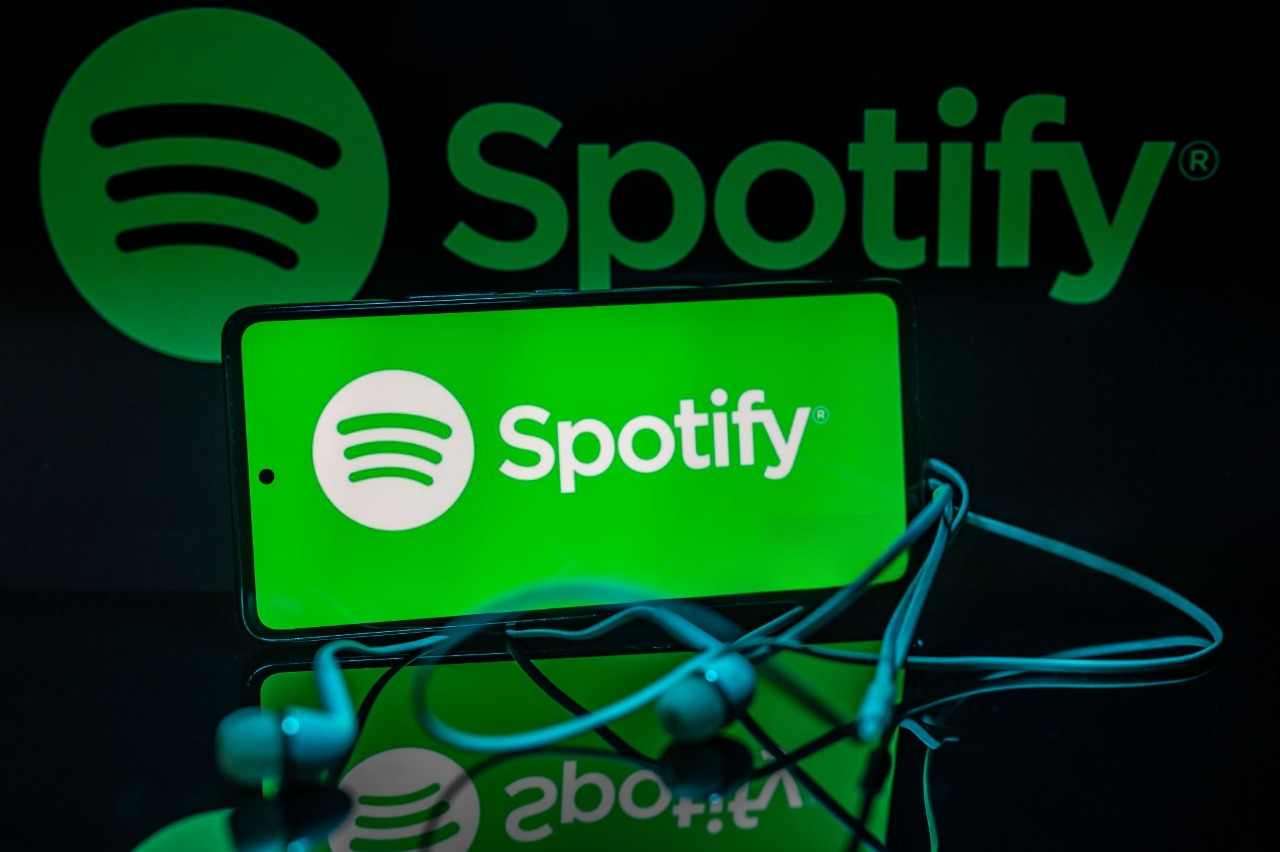Spotify remains steadfast in its “work from anywhere” policy, setting itself apart as other tech giants push for a return to the office. Amidst industry-wide shifts, Spotify’s Chief Human Resources Officer Katarina Berg has made it clear: the company sees no need to treat its employees “like children.”
The decision to maintain flexibility comes after a challenging 2023, during which Spotify laid off 17% of its workforce—amounting to 1,500 employees—in December. CEO Daniel Ek acknowledged the layoffs had a greater operational impact than anticipated. However, the move proved financially beneficial, helping Spotify double its market value in 2024 as the company achieved record quarterly revenues while cutting costs. Inside the organization, though, the layoffs took a toll on morale.
For employees who remained, Spotify’s commitment to its flexible work policy has been a stabilizing factor. Berg emphasized the company’s belief in empowering its workforce, stating, “You can’t spend a lot of time hiring grownups and then treat them like children. We are a business that’s been digital from birth, so why shouldn’t we give our people flexibility and freedom? Work is not a place you come to; it’s something you do.”
Spotify first introduced its “work from anywhere” policy in February 2021, allowing employees to choose their work location as long as it fell within a jurisdiction where Spotify had an office. Unlike competitors such as Meta, which has adopted hybrid work models, or Amazon, which has mandated full in-office returns, Spotify has resisted reneging on its policy. This approach has likely contributed to improved employee retention, with the company reporting a 15% lower attrition rate in Q2 2022 compared to the same period in 2019. Moreover, the policy has enhanced the diversity of Spotify’s talent pool.
Despite its success, Berg acknowledged the challenges of remote work, particularly regarding collaboration. “It is harder, and we all struggle to collaborate in a virtual environment,” she said. “But does that mean we will start forcing people to come into the office as soon as there is a trend for it? No.”
To encourage employees to engage with office spaces voluntarily, Spotify employs creative initiatives. These include “listening lounge” sessions featuring artists like Olivia Dean and Rag ‘n’ Bone Man, as well as a designated “core week” where staff are encouraged to reconnect in person and discuss strategy.
The December 2023 layoffs marked Spotify’s largest workforce reduction to date, with Ek citing the need to eliminate inefficiencies and reduce “work around the work.” The aftermath left employees in a “state of shock,” according to Berg. “Spotify had been in hypergrowth, and this was the only thing people knew,” she explained. “A lot of people at Spotify had never seen a recession, and it was a lot to absorb and digest.”
Even as it navigates these challenges, Spotify’s commitment to employee flexibility underscores its belief in fostering trust and autonomy within its workforce, helping the company remain a standout in the tech industry.




